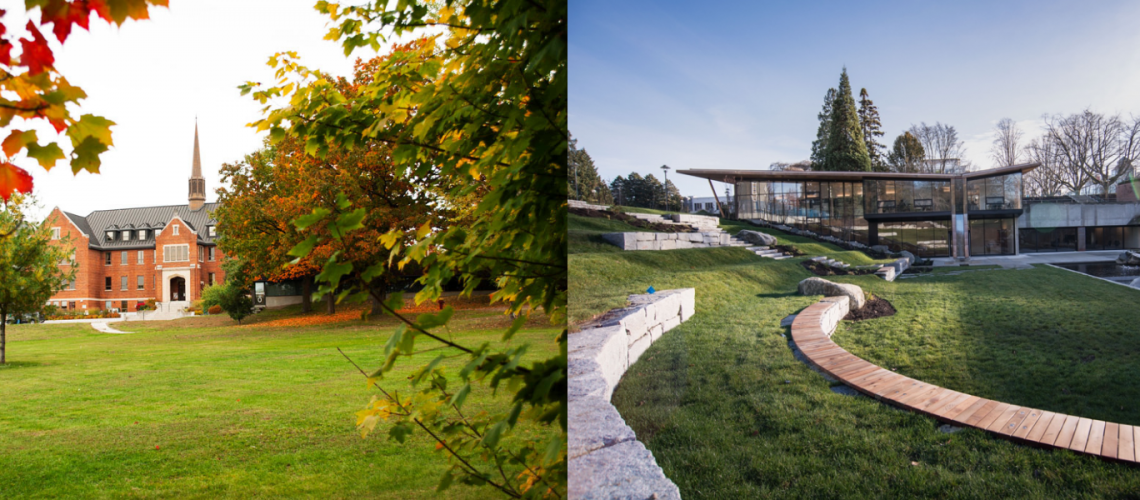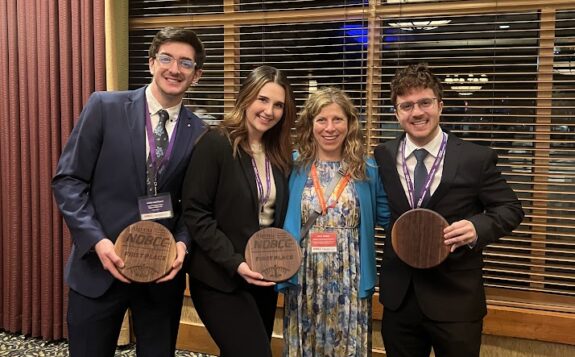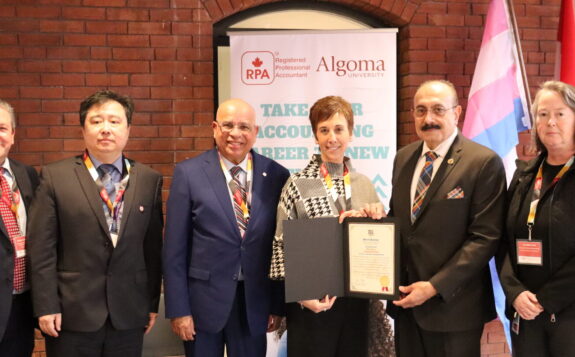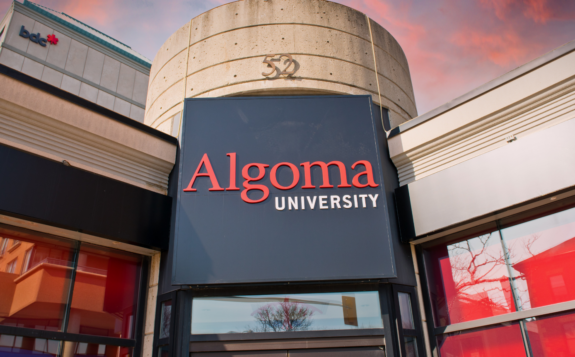Indian Residential School History and Dialogue Centre has signed a Memorandum of Understanding with the Shingwauk Residential Schools Centre in Ontario
The Indian Residential School History and Dialogue Centre (IRSHDC) at the University of British Columbia (UBC) has signed a Memorandum of Understanding with the Shingwauk Residential Schools Centre (SRSC) at Algoma University to share data, information and collaborate on ongoing community engagement and research projects – making records more accessible and usable for Survivors and communities.
Both the IRSHDC and the SRSC work with Survivors, church entities, educators and Indigenous communities to research, collect, preserve and display the history of residential schools across Canada. This MOU allows the centres to share digital records as well as expertise and knowledge among staff, and create opportunities to co-develop resources for both education and community engagement. Both spaces serve communities in virtual and physical spaces that are Survivor-centered and trauma informed. This partnership supports reciprocal sharing of knowledge that will benefit communities.
“Through this partnership with Shingwauk Residential Schools Centre, we can ensure that knowledge and understanding of Survivors, and their experiences and voices, are heard across the country,” says IRSHDC Academic Director Mary Ellen Turpel-Lafond, Aki-Kwe. “The SRSC has accomplished important work focusing on Survivors and this collaboration truly embodies several of the goals of the Truth and Reconciliation Commission’s Calls to Action, particularly for libraries, archives and museums – to collaborate at the national level.”
The Shingwauk Indian Residential School was first established in Sault Ste. Marie, Ontario in1873 as a residential school for Indigenous children. The school closed in 1970, and shortly after Algoma University relocated to the site. The Children of Shingwauk Alumni Association, and the Shingwauk Project, which included Survivors, their families, and community members, formed a movement to educate the public and document this important history. The group gathered documents and photos, conducted research and more, leading to the eventual establishment of the Shingwauk Residential Schools Centre (SRSC).
The SRSC’s records gathering process and engagement with the community predates the Truth and Reconciliation Commission (TRC) process, which ran from 2009 to 2015. Records and research about residential schools and day schools are often held in various government, church, regional, local and university archives, making them difficult to access. By partnering with the SRSC, the Centre will broaden access to a broader range of records related to residential schools and day schools across Canada.
“The SRSC is delighted to be partnering with the IRSHDC to increase access to information about the history of Residential Schools,” shared SRSC Researcher/Curator Krista McCraken. “By leveraging the strengths of our organizations, this partnership will further our commitment to sharing and teaching about the history of Residential Schools.”
The Centre at UBC opened in 2018 and has facilitated dialogues and access to records and information that support engaging the legacies of the residential school system, and the on-going impacts of colonialism in Canada. This partnership is one of several national MOUs for the Centre, which works in service to Indigenous communities in BC and Canada. The IRSHDC is working on several collaborative projects to assist communities and partners with digital systems development – supporting access to records and information, while also respecting Indigenous protocols for sharing and access. Through this partnership the centres will share information about their systems development, ensuring that on-going system work reflects community input, and is Survivor-informed.
To learn more about the Shingwauk Residential Schools Centre, visit their website.
To view the IRSHDC records and collections, or to learn more about the Centre, visit their website.
Share Article




